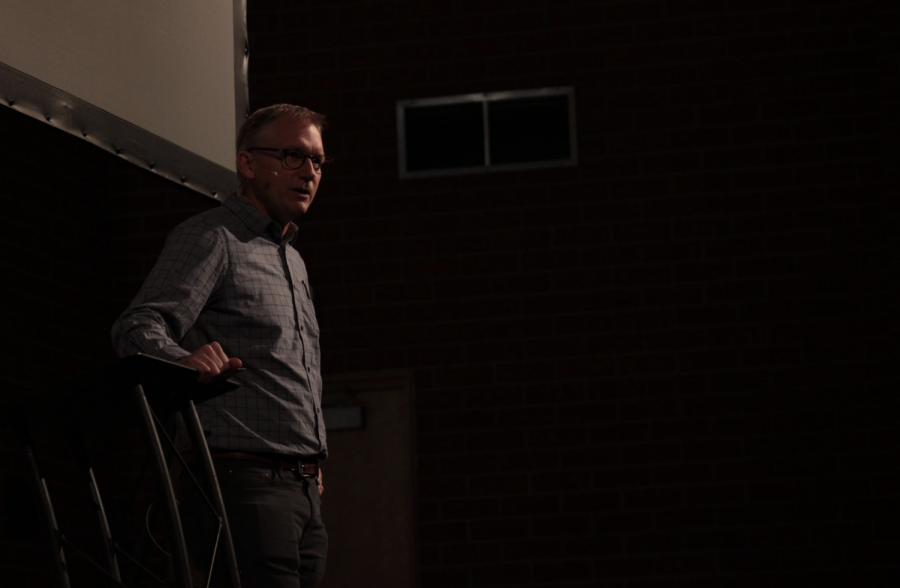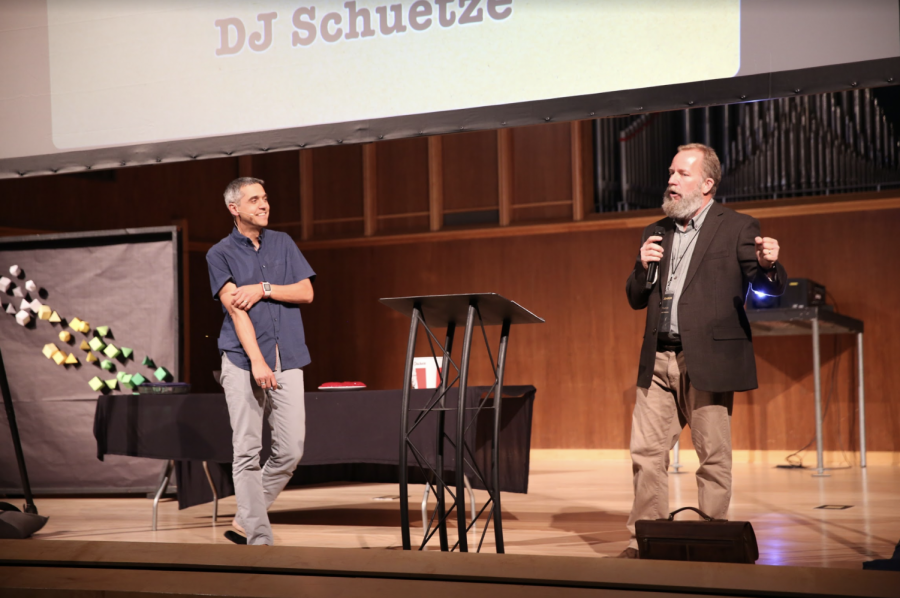“Do not trust in your own righteousness do not worry about the past, but control your tongue and your stomach,” said Father Anthony the Great from the “Sayings of the Desert Fathers.”
Asceticism is the topic this week on Lenten Musings, and boy, is it a doozy.
Denial of the flesh in pursuit of holiness
Asceticism is, essentially, the denial of the flesh in order to pursue a virtuous life. Asceticism is not a purely Christian idea, as it is a way monks from all religious backgrounds exert control over themselves in order to attain a higher level of spirituality, but these exertions, outside of a longing to be closer to the Christian God, are not to be regarded as anything other than human effort.
In the Christian context though, it is a calling from God to the mortification of the flesh in order to become holy. The men and women who chose this lifestyle generally secluded themselves in deserts or upon mountains, and practiced a life of prayer and mortification of the flesh in order to become more connected to God.
Examples of asceticism from Desert Fathers
In the early church, many of the ascetics went to the deserts of Egypt to fulfill their calling. They would live as hermits, and occasionally have visitors come to see them for wisdom. The sayings of these early ascetics are collected in several different books, and have been challenging to me, because many of the things said by these great men and women seem crazy, and they’re definitely a different kind of people from those you would meet in the modern Christian context.
Another early brand of ascetics were men who found themselves too bothered in the desert by people who came to visit them, and decided to return to the cities and find seclusion there. The way they went about this was to build tall pillars in the city squares, and just preach the gospel day and night. Many of these men never sat or lied down, and remained standing for the duration of their times upon these pillars. They would eat once a week, and would spend their time in prayer, answering questions from onlookers, and preaching the gospel.
How asceticism ties into Lent
Well, Lent is a time of fasting and mortification of the flesh. These men and women are examples to us today as Christians who showed a great control of their wills in order to become closer to God.
Asceticism still exists today, as there are still monasteries around the world with men who are spending the entirety of their lives in seclusion with a desire to achieve holiness. There’s even a monastery about an hour and a half south of Biola in Oceanside, Calif., where I will be spending the upcoming weekend. During this retreat, I will be spending roughly 30 hours in prayerful silence and meditation. Talking will be reserved only for corporate prayer and the celebration of Mass. This task seems very difficult to me right now, but I’m sure it will be very good for me. I’ll be reporting back next week with the results of this retreat.
Andrew Entzminger is a writer and blogger for The Chimes. He attends St. Matthew’s Anglican Catholic Church each Sunday in Newport Beach, enjoys listening to music and, on feast days, relaxing with a fun video game.






